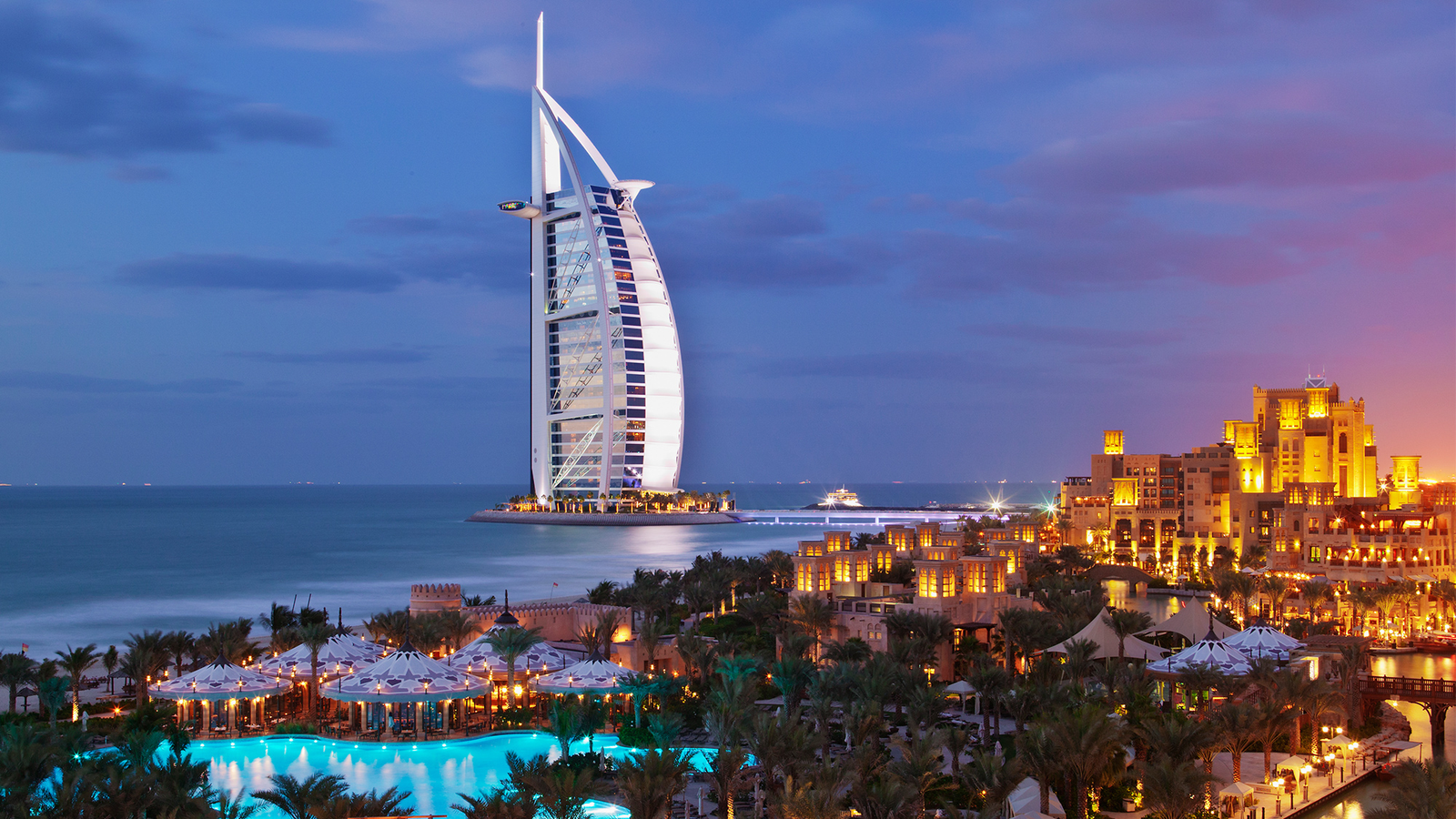
The United Arab Emirates UAE has emerged as one of the most visited destinations in the world, attracting millions of travelers every year. While the country is widely known for its oil wealth, it is tourism that has become a key engine of economic growth in recent decades. From luxury shopping malls and futuristic architecture to pristine beaches and cultural landmarks, the UAE has positioned itself as a global hub for leisure and business tourism.
In fact, tourism today plays a central role in shaping the UAE’s vision of a diversified and sustainable economy. By reducing its reliance on oil and investing in world-class attractions, the UAE has built a tourism sector that significantly contributes to GDP, employment, and international trade.
The UAE government has long recognized the importance of diversifying its economy beyond oil. Tourism has been identified as one of the strongest pillars for this transformation. According to official statistics, the travel and tourism sector contributes billions of dollars annually to the UAE’s GDP and supports hundreds of thousands of jobs.
Dubai, in particular, has been at the forefront of this growth. Known for record-breaking skyscrapers like the Burj Khalifa, luxury resorts on Palm Jumeirah, and mega shopping destinations, Dubai attracts travelers from across the globe. Abu Dhabi, on the other hand, has focused on cultural and heritage tourism with attractions like the Louvre Abu Dhabi, Sheikh Zayed Grand Mosque, and Saadiyat Island. Together, the emirates offer a perfect blend of modern luxury and rich tradition.

Tourism is not only about leisure but also about livelihood. The UAE’s hospitality industry, including hotels, airlines, restaurants, and retail outlets, employs a large number of people. This creates opportunities for both citizens and expatriates, making tourism a driver of employment growth.
The influx of tourists also boosts small and medium enterprises (SMEs), from local tour operators and food outlets to transport services and souvenir shops. In this way, tourism directly supports entrepreneurship and business development.
One of the most powerful drivers of tourism in the UAE is its aviation sector. Emirates Airline, Etihad Airways, and Air Arabia have made the UAE one of the most connected countries in the world. Dubai International Airport and Abu Dhabi International Airport consistently rank among the busiest global hubs, welcoming millions of transit and leisure passengers each year.
This connectivity not only brings tourists but also strengthens the UAE’s role as a global trade and logistics hub. Many travelers choose to extend their stay, turning stopovers into full-fledged vacations, further boosting the economy.
The UAE has also used global events as a powerful tool to attract tourists and investors. Expo 2020 Dubai, which welcomed millions of visitors from around the world, was a prime example of how the country uses tourism to showcase innovation, sustainability, and cultural exchange. The event contributed significantly to the economy, creating jobs and stimulating investment in infrastructure and hospitality.
Additionally, the UAE has positioned itself as a global sports and entertainment destination. From hosting Formula 1 races in Abu Dhabi to international golf tournaments and music festivals, such events attract thousands of visitors and media coverage, strengthening the country’s tourism brand.
The UAE is famous for its luxury lifestyle and shopping experiences. Tourists flock to Dubai Mall, Mall of the Emirates, and other shopping destinations not only for retail therapy but also for dining, entertainment, and leisure activities. Retail tourism has become a crucial part of the economy, with annual shopping festivals boosting both local sales and international interest.
Moreover, luxury tourism has flourished with the development of five-star resorts, desert safaris, yacht experiences, and exclusive entertainment venues. This segment continues to attract high-spending tourists from Europe, Asia, and beyond.

While luxury and modernity often make headlines, cultural tourism is also gaining importance. The UAE has invested heavily in museums, heritage sites, and cultural festivals to preserve its history and share it with the world.
In Sharjah, for instance, heritage museums and art festivals have placed the emirate on the cultural tourism map. Fujairah and Ras Al Khaimah are promoting eco-tourism and adventure tourism, offering mountains, beaches, and historical forts. These efforts diversify the tourism landscape beyond luxury and shopping, creating a more sustainable and inclusive industry.
The UAE’s Vision 2030 and Vision 2071 emphasize sustainability as a core value. Tourism plays a vital role in these goals by promoting green hospitality initiatives, eco-friendly transport, and renewable energy projects.
From solar-powered hotels to sustainable desert resorts, the country is working to ensure that tourism growth does not come at the cost of the environment. This approach appeals to a new generation of eco-conscious travelers who prefer destinations that prioritize responsible tourism.
Like every other country, the UAE’s tourism industry faced challenges during the COVID-19 pandemic. However, its quick response, safety protocols, and vaccination campaigns helped it reopen faster than many destinations. Dubai was one of the first cities to welcome back international tourists, regaining momentum in record time.
Today, the UAE continues to set ambitious tourism targets. Plans include expanding cruise tourism, developing theme parks, enhancing cultural attractions, and investing in new infrastructure. Government initiatives such as long-term residency visas for investors and digital nomads are also designed to attract more visitors and residents.
Tourism is more than just a leisure industry in the UAE—it is a strategic driver of growth, innovation, and global reputation. By investing in attractions, infrastructure, and cultural experiences, the UAE has transformed itself into a tourism powerhouse that rivals the best in the world.
As the country moves toward its vision of a diversified economy, tourism will remain one of the strongest engines of growth. Whether through luxury shopping, cultural festivals, global events, or eco-friendly travel, the UAE continues to prove that tourism is not just about visitors it is about building a sustainable and prosperous future.
READ MORE:- Inside the World of Business Acquisitions: Secrets of Corporate Growth 2025
